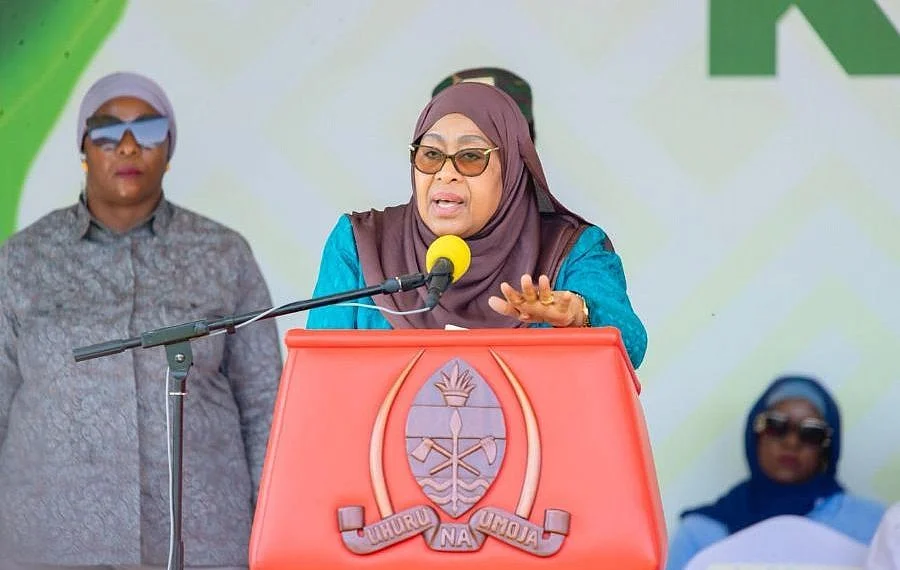On July 28, 2025, Tanzania introduced a directive barring foreign nationals from operating in 15 small-scale business sectors, including mobile money transfers, tour guiding, small-scale mining, beauty salons, and media operations.
Announced by Trade Minister Selemani Jafo, the policy aims to prioritize local entrepreneurs amid concerns over foreign dominance, particularly by Chinese traders, in informal markets.
Violators face fines, up to six months in jail, and loss of visas or work permits.
Local Support, Regional Backlash
Tanzanian traders, especially in Dar es Salaam’s Kariakoo market, welcomed the move, citing unfair competition and aggressive taxation from foreign businesses.
“This decision protects the livelihoods of Tanzanian traders,” said Severine Mushi, head of the Kariakoo traders’ association, in an interview with the Citizen newspaper.
Jafo hopes the ban will push foreigners toward large-scale investments.
However, Kenya has fiercely criticized the policy, arguing it violates East African Community (EAC) agreements that ensure free movement of people and trade across eight member states.
Kenya’s Response and EAC Concerns
Kenyan Trade Minister Lee Kinyanjui urged Tanzania to reconsider, warning that the restrictions could harm both economies.
“Bilateral engagements are critical to resolve this in the spirit of the EAC,” he stated on July 29.
National Assembly Trade Committee Chairman Bernard Shinali suggested retaliatory measures, noting,
“Many Tanzanians work in our mining sites, too.
Tanzania has gone too far.”
On X, Kenyans expressed frustration, with one user posting, “Tanzania has never been serious about making the EAC work,” highlighting perceived barriers to regional integration.
History of Tensions and Political Context
Tanzania and Kenya have faced recurring trade disputes, from protective tariffs to import bans.
In May 2025, Kenya’s Foreign Affairs Minister Musalia Mudavadi noted that 250,000 Kenyans live or work in Tanzania, emphasizing the need for cordial relations.
Recent diplomatic strains, including the deportation of Kenyans observing opposition leader Tundu Lissu’s treason trial and reported mistreatment of activists Boniface Mwangi and Agather Atuhaire, add complexity.
With Tanzania’s October 2025 elections looming, analysts suggest the ban may be a populist move by the ruling CCM party to bolster local support.
Balancing Protectionism and Regional Unity
While Tanzania defends the policy as a safeguard for local jobs, critics like Kenyan hotelier Mohammed Hersi argue, “Protectionism will never help a country thrive.”
The directive, part of a broader trend of economic nationalism, follows Tanzania’s May 2025 ban on foreign currency transactions.
As the EAC grapples with this challenge, the region faces a critical test of its commitment to open borders and mutual economic growth.
Nigerian Nurses Issue 7-Day Strike Notice Over Welfare Demands























